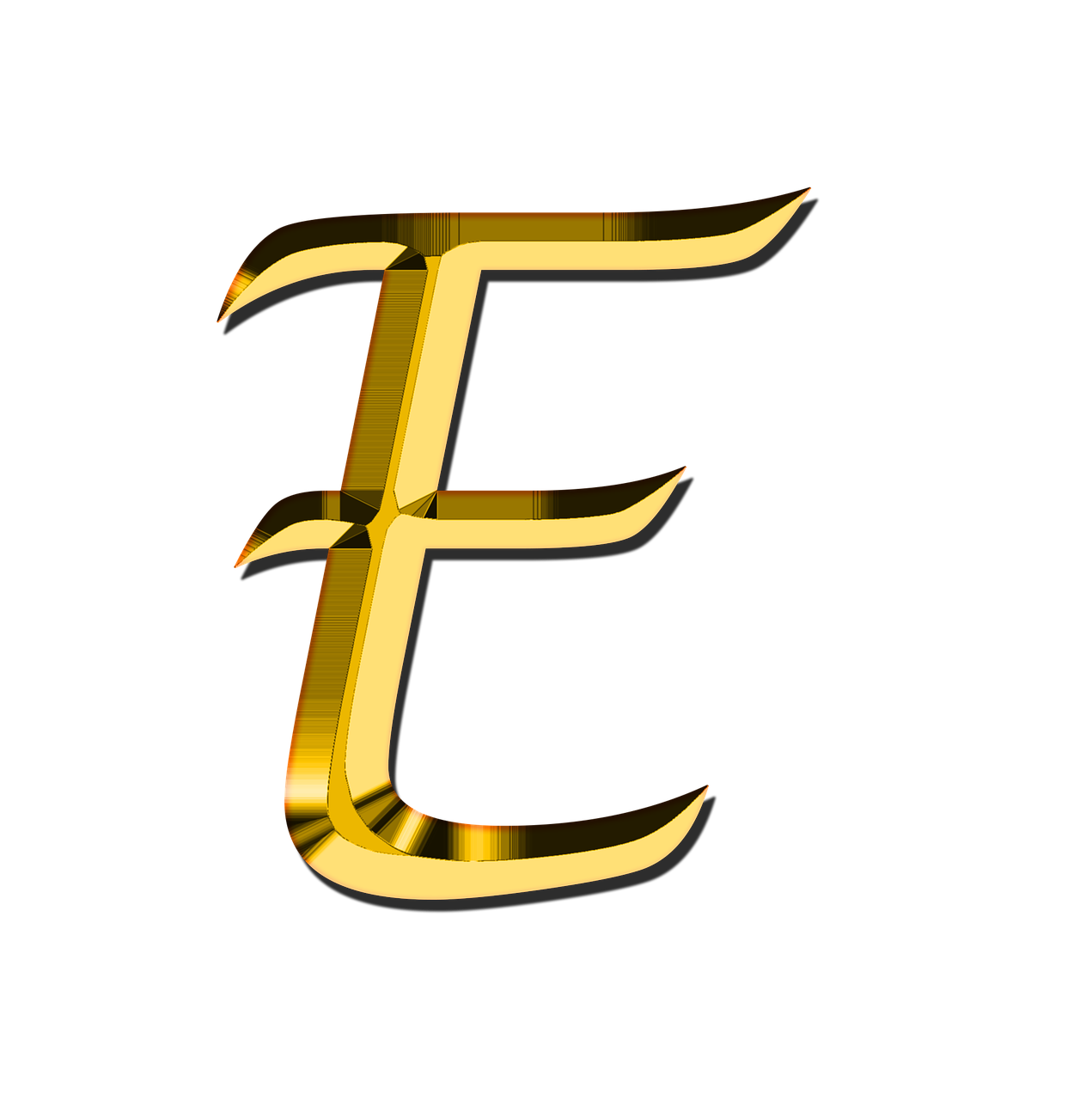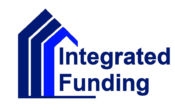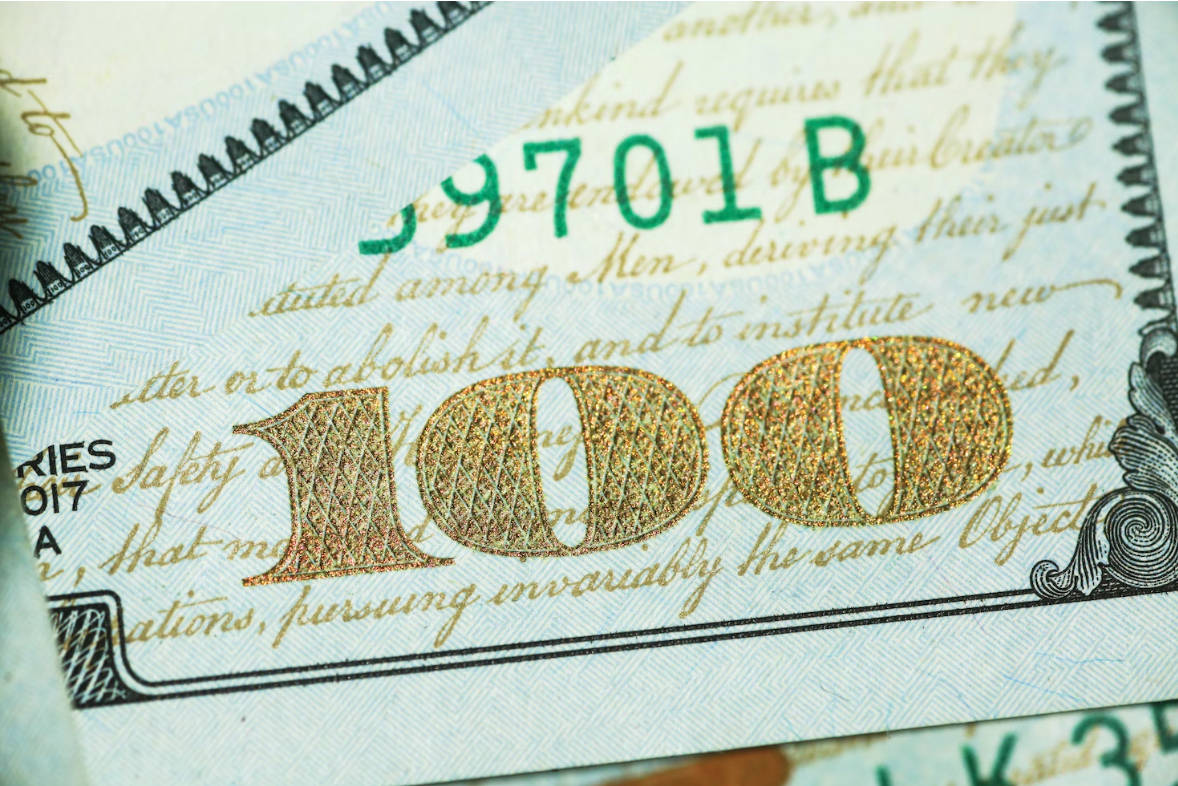Finding Ways in Funding Your Dream Home
"I strive to help my clients make an educated decision about taking the right loan product available for them.
We will achieve this goal with professional coaching, transparency and integrity."
Joey I. Narciso
Mortgage Loan Originator
NMLS # 2311575

Which Type of Mortgage Loan Fits Your Need?
The first step in purchasing your dream home is making sure that you have funds to pay for it. While most people are not cash buyers, they need to secure a mortgage loan to purchase a house. However, not every loan is the same. There is this one type of loan that fits exactly with your unique situation and your current financial status.
Check below which one is best for you! If you do not know the best option to pick, I am here to assist you.
Conventional Loan
A conventional mortgage loan is a “conforming” loan. It means that it meets the requirements for Fannie Mae or Freddie Mac.
Fannie Mae and Freddie Mac are government-sponsored enterprises that purchase mortgages from lenders and sell them to investors. This frees up lenders’ funds so they can get more qualified buyers into homes.
Generally, conventional loans have stricter credit requirements that FHA or VA Loans.
Matrix:
- Min FICO: 620
- Max LTV: 95% (Some lenders offer 97% for first time homebuyers)
- Cash-out Max LTV: 85%
- Down Payment: 5% (Some lenders offers as low as 3% for first time homebuyers)
- Max DTI: 50%
- Gift Fund allowed.
Please consult your Loan Officer for more details.
FHA Loan
A Federal Housing Administration (FHA) loan is a home mortgage that is insured by the government and issued by a bank or other lender that is approved by FHA.
This loans comes with a 3.5% down payment and more flexible interest rates (as compared with conventional loans).
Matrix:
- Min FICO: 580
- Max LTV: 96.5%
- Down Payment: 3.5%
- Max DTI: 50%
- Gift Fund allowed.
Please consult your Loan Officer for more details.
VA Loan
A VA Loan is a Veterans Affairs (VA) guaranteed loan designed for service members, veterans and eligible surviving spouses to become homeowners.
This kind of loan offers no down payment options, no mortgage insurance and lenient credit requirements.
Matrix:
- Min FICO: 580
- Max LTV: 100%
- Down Payment: 0% 9Please consult your LO for applicants with non-spouse co-borrowers)
- Max DTI: N/A (41% of Residual Income)
- Gift Fund allowed for Down Payment.
Please consult your Loan Officer for more details.
FHA Loan
The U.S. Department of Agriculture (USDA) home loans program offers mortgages to low-income residents of rural areas who cannot otherwise obtain a conventional mortgage.
USDA mortgage rates are government-assisted, which means buyers get access to lower interest rates and payments than with other government-backed programs like FHA and VA.
Please consult your Loan Officer for more details.
FHA Streamline Refinance
FHA Streamline Refinance refers to the refinance of an existing FHA loan which process requires limited borrower credit documentation and underwriting.
To qualify for an FHA Streamline, here are the requirements:
- Your existing loan is an FHA loan.
- You have at least 210 days passed between the date of your previous mortgage closing and your new application.
- Six (6) months have passed between the time of your first mortgage payment is due and the close of your refinance.
- You have made at least six payments on your current loan.
- You have no more than one late mortgage payment in the last year, and none in the previous 6 months.
Please consult your Loan Officer for more details.
VA IRRRL
VA Interest Rate Reduction Refinance Loan (IRRRL) is a streamline refinance for a VA Loan. VA IRRRL is primarily designed to reduce your monthly mortgage payments or make your payments more stable.
Please consult your Loan Officer for more details.
Refinancing a Loan
To refinance a loan is to secure a new and better loan and pay off your current loan. The reason for refinancing is any of the following:
- Lower the interest rates.
- Replace an adjustable-rate mortgage (ARM) to a fixed loan.
- Payoff a mortgage faster.
- Take cash-out.
Consult with your Loan Officer for more details.
Reverse Mortgage (HECM)
Reverse Mortgage is a government-insured loan program that allows 62 years or older Americans to convert their home equity into cash and at the same time keeping the home that they love for the rest of their lives.
We have dedicated another website exclusively for learning reverse mortgage. Please click the link below.
Jumbo Loan
A jumbo loan is a type of financing that exceeds the limits set by the Federal Housing Finance Agency (FHFA). As such, loan applicants must undergo more strict credit requirements, must have outstanding credit scores, low debt-to-income (DTI) ratio and must put up roughly 10%-15% down payment.
Please consult your Loan Officer more details.
DSCR Loan
A debt service coverage (DSCR) loan is one that qualifies borrowers through an investment property’s cash flow rather than the borrower’s income. DSCR loans are often utilized by real estate investors to qualify for mortgages and to buy investment properties.
The debt service coverage ratio (DSCR) is the ratio of an investment’s net operating income to its total debt service. It is a way of determining whether a borrower has enough cash flow to pay its current debt obligations.
DSCR Loan, however, cannot be used for primary residence.
Please consult your Loan Officer for more details
Bank Statement Loan
A Bank Statement loan is a home loan program designed for self-employed/ business owners. For qualification purposes, the lender uses the deposits made into the business owner’s account as the source of income for qualification purposes, instead of using the applicant’s tax returns.
Please consult your Loan Officer for more details.
P & L Loan
A profit and loss (P&L) loan is for business owners whose qualification is based on the company’s P&L statement.
A P&L loan gives business owners a chance to show their company’s profitability even if their tax returns and bank statements do not reflect this information.
P&L loans are most common for self-employed borrowers that take a lot of deductions at tax time. It is also great for business owners that do not have the bank statements to prove their regular income.
Please consult your Loan Officer for more details.
WVOE Loan
Written Verification of Employment (WVOE) loans are mortgage programs that are considered alternative financing because they are neither Conventional nor government-issued loans. They are available through private lenders, but they are non-conforming to the Federal Housing Administration criteria. They only rely on the written verification of employment – thus the abbreviation WVOE loans.
If your client is a wage earner or has trouble meeting the requirements for Conventional mortgages, WVOE loans might work for them. There are regulations and criteria, but the process is much shorter and less stringent.
Please consult your Loan Officer for more details.
Asset Utilization Loan
With Asset Utilization, borrowers use their assets to qualify for a mortgage provided they have substantial assets and they do not have to show income from any other source, including employment.
The assets are solely used to demonstrate that they have the ability to repay the loan. The lender will look at liquid assets as their loan collateral, similar to how W-2s and pay stubs are evaluated for a traditional Government or Conventional loan.
Please consult your Loan Officer for more details.
Foreign National Loan
Can a foreign national purchase a property in the US? The answer is yes!
Foreign Nationals can qualify with documentation for the income generated in their residence country OR just with the cash flow from the subject property. However, Foreign National loans are intended to be used to purchase homes as investments, not primary residences.
Please consult your Loan Officer for more details.
Non Permanent Resident Loan
A non-permanent resident is a person living in the United States with a social security number but not a green card. Typically living in the United States for employment reasons, non-permanent residents can live here for years and want to buy their own homes and build equity.
The following visa types are eligible: E1-3, G1-5, H-1, H-1B, L-1, TC and TN-1.
Please consult your Loan Officer for more details.
1099 Loans
1099 Loans are designed for deserving contractors, salespeople, or consultants. If they can prove they can afford the loan and their income is steady, they deserve the same loan treatment as with W-2 employees.
Please consult your Loan Officer for more details.
iTIN Loans
ITIN loans are home loans for people who do not have and are not eligible to get Social Security numbers. A borrower applies for an ITIN mortgage by providing an individual taxpayer identification number and other documentation instead
With iTIN loans, lenders rely on tax returns, bank statements and utility bills, etc. to establish credit.
Please consult your Loan Officer for more details.
Bridge Loans
A bridge loan is a type of short-term loan that is typically used to finance the purchase of a new home or business.
They are a great financing option for small business owners who need to quickly expand their businesses but do not have the time to wait for traditional lending institutions to process their loan applications. Bridge loans can also be used to finance the purchase of a new home or business.
Please consult your Loan Officer for more details.
HELOC
The Home Equity Line of Credit (HELOC) is a type of secondary loan that is a good alternative when cash-out refinance does not make sense due to having a low-interest rate on their current mortgage.
HELOC accesses your home equity and convert it into a line of credit that typically has an initial draw period lasting 10 years. During this time, you can borrow money from the credit line as needed and make interest-only payments on what you’ve borrowed.
Please consult your Loan Officer for more details.
Mortgage Calculator
Use this calculator to determine how much your monthly mortgage payment will be given your unique situation.
What Do You Need to Know?
I strongly believe that one’s strength is wrapped with what he knows!
That is why I see to it that my clients get the proper coaching going through the process. My objective is to lay down everything that you need to know about mortgage loans so you can make an educated decision when you get yours.
Required Documentation
In most cases, you will be required to submit the following:
- Paystubs for the past 30 days showing both your current and the year-to-date (YTD) income.
- W-2 (or 1099) Statements for the past two years.
- Tax Returns (1040) for the past two years.
To prove that you have funds for the down payment and the closing costs on the loan, you will be asked of the following:
- Bank Account Statements covering two months or 60 days.
- Investment Account Statements for the last quarter.
- Gift Letters if you receive money from a relative or a friend to assist with the down payment.
You will be required to submit copies of the following:
- Driver License.
- Social Security Card.
- Green Card (For permanent resident applicants.)
As the loan application progresses, the Lender might ask additional documentations on a case to case basis that include, but not limited to, the following:
- Letter of Explanations (LOX).
- Employment Verification.
- Transcript of Records or Diploma.
- Etc.
Loan Qualification
Your Credit Score plays a major role in your ability to secure a mortgage loan and the interest rate that you can get.
Generally, the lower your credit score is, the higher the interest rate lenders will lend you money than that paid by someone with a better credit score.
Some loan programs also have minimum credit score requirement so be sure to consult with your Loan Officer about loan programs that are available for you.
The Debt-to-Income (DTI) Ratio is the numerical representation of how much you owe each month to how much you earn and is used by lenders to determine your borrowing risk.
It is the percentage of your gross monthly income that goes towards the payments for mortgage, rent, auto loan, credit card debt, student loan or other debt.
Different loan programs have different DTI requirements, therefore, your Loan Officer calculates your DTI to determine the best loan program available for you.
The Loan-to-Value (LTV) is the ratio of the amount of money being borrowed to the market price of the property subject to a mortgage.
Lenders use the LTV to assess the lending risk before approving a mortgage loan. High LTV loans, like a conventional loan with more than 80% LTV, would require the Borrowers to purchase a mortgage insurance and would have higher interest rates.
When you get a mortgage, there is a limit to how much you can borrow and this limit is different for every county.
So, even if you are approved individually to apply for a loan with a particular amount, you still need to know how much does the Federal Housing Finance Agency (FHFA) set forth to conform with their standards.
If your purchase price goes beyond the conforming limits, you can still get the loan but you will no longer qualify to a more affordable mortgage loan specifically with conventional and FHA loans.
Click on this link to determine the current loan limits in your county.
Loan Costs
This section will guide you to the costs that you need to pay
If you hear somebody telling you that you need to put up 20% of the purchase price as down payment, that is fake news! The truth is, you do not have to put up 20% DP in most cases.
Different loan programs offer different percentages for the downpayment and here are the most common:
- FHA – 3.5% (Minimum)
- Conventional – 5% (Minimum). However, some lenders offer as low as 3% DP for first time home buyers so please check with your Loan Officer about this program.
- VA – 0% (Minimum). For veterans who will apply for a VA Loan with non-spouse Co-borrower, VA will require a 12.5% DP.
Further, if you do not have enough savings for the down payment, consult with your Realtor® or your Loan Officer for down payment assistance (DPA) programs that may be available for you.
Mortgage insurance is an insurance policy that protects the mortgage lender or the title holder if the borrower defaults on payments, dies, or otherwise unable to meet their obligations of the mortgage.
With an FHA loan, it is called the Mortgage Insurance Premium (MIP) and the borrower needs to get it for the life of the loan.
With a conventional loan, it is called Private Mortgage Insurance(PMI) and it protects the lender. However, upon reaching an LTV of 80%, the PMI will be removed saving few hundred of dollars in monthly mortgage.
On the other hand, VA loans do not require mortgage insurance.
The Upfront Mortgage Insurance Premium (UFMIP) is a unique feature of FHA loans.
It is an insurance premium that is collected, either paid at closing or rolled over to the loan, at the time the loan is made.
UFMIP is added to a pool of money that is used to help FHA insure FHA Loans.
Currently, the UFMIP is 1.75% of the purchase price or the base loan amount (for refinance). So if your purchase price is $350,000, you will be required to pay, upfront, the amount of $6,125 and this will be added to the closing cost (or financed by the loan).
Talk to your Loan Officer about your options.
Borrowers are expected to pay for the cost associated with pulling their credit report. Some Borrowers pay it in advance or pay it at closing as part of the closing costs.
Another expense that the Borrowers are expected to pay is the cost of doing the appraisal of the property. In most cases, it is usually paid in advance using the Borrowers’ credit card.
Talk to your loan Officer about your options.
Closing costs are expenses you pay to your lender in exchange of loan services (processing fees) and can make up about 3-6% of the loan amount.
Some costs are lender requirements, some are government requirements and others may be optional and is a case to case basis.
These costs include application fee, loan origination fee, appraisal, closing fee, courier fee, credit report fee, discount points, escrow funds, etc.
Just remember that you can actually negotiate with a seller to help cover the closing costs, which are called seller concessions.
Talk to your Loan Officer about your options.
Cash to Close refers to the total amount of money that you will need to pay on closing day to finalize the home purchase transaction.
The Cash to Close includes the closing costs and the remaining unpaid down payment.
Some people confuse cash to close with the closing costs. Though they are closely related, they are still different.

Are You Ready to Apply for a Loan Now?
Learning Hub
MIP Reduction for FHA Loans
VA Funding Fee Charge Update
Who Are First-Time Homebuyers?
How Much Down Payment Do You Need?
What My Clients Have to Say?

Fullerton, California

Rialto, California

Covina, California

Corona, California




